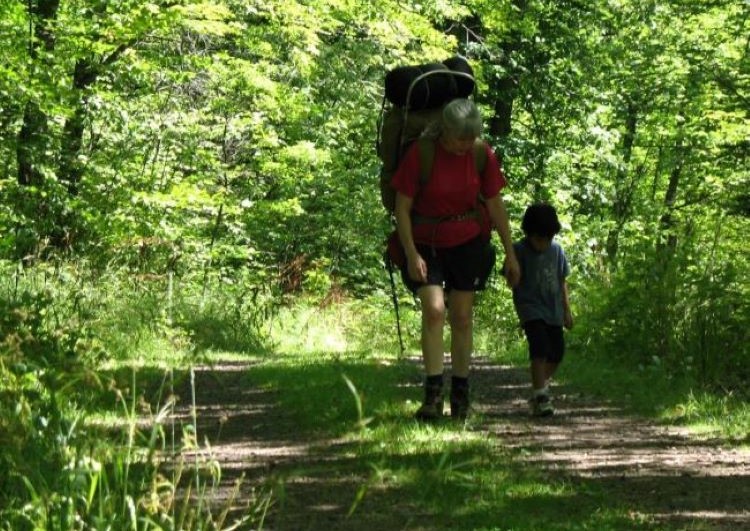A treatise on fracking arrived in the mail. Of all the environmental injustices today,
this one bothers me at a personal level.
The Pennsylvannia coal fields, the exposed layers of shale and slate I could see in
the old river basin near where I grew up, are ripe for it. I think of the Blue Ridge mountains, the
sassafras trees, the waterfalls, Laurel Run creek and the Schuylkill River practically
in my backyard. Miners blowing off the
tops of mountains in the Appalachians.
An injury as personal to myself as my mother cutting down the centuries-old
oak tree in our front yard.
We are born of place.
The place we grew up in is our psychic home, and to destroy it is to
destroy our own foundation.
When I woke up this morning, I was thinking about Native
Americans, how we drove them from the natural lands of their birth and
culture. Imagine being lifted up and
dropped in Antarctica. How bewildered
you would be, how desperate to simply survive.
How people—friends, family, neighbors, ourselves--would die from inexperience,
the absence of cultural practices designed over centuries to keep them
alive. Or if that’s too extreme, imagine
a rural village in China, the Namibian desert.
Alien, the opposite of home.
We’re driving ourselves into an alien environment. One for which we have no tricks or practices
or beliefs to keep us alive. One in
which there is no relief on or off the dusty reservation.
Artists see further ahead than the rest of us. This is the future that writers like Richard
Powers (The Overstory) and William Vollmann (The Dying Grass) and
Barbara Kingsolver (Unsheltered) are already imagining. We’d best pay attention.
